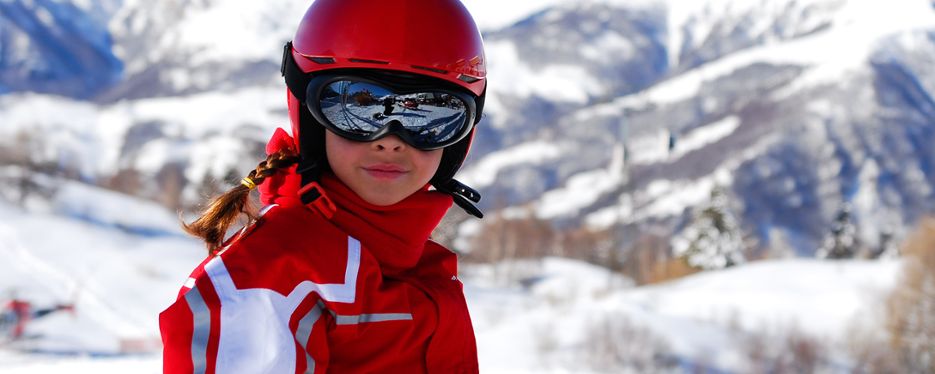Increased temperatures will result in fewer days for winter activities such as skiing, snowmobiling and ice skating, while increasing the length of summer seasons. Increased sea levels will cause shore erosion, whilst longer growing seasons may benefit activities such as fishing and hunting, and berry and mushroom picking.
Tourism
The tourism industry has become increasingly important to economies all around the world. In Sweden, both domestic and international tourism have enjoyed steady growth, and this shows no signs of abating. Climate change may have consequences that are both positive and negative.
Summer tourism may benefit from a changed climate with higher air temperatures and warmer summers, whilst the winter tourism sector is likely to be adversely affected. Mountain resorts are already feeling the impact of a series of winter with low levels of snowfall, and are becoming increasingly dependent on the production of snow for the winter season. At the same time, ski resorts have been developed so that they can operate all-year-round, offering a mixed range of activities. This means that businesses and tourist destinations may be less vulnerable to changes in the climate such as unreliable snowfall. Companies that base their offerings on natural experiences involving winter landscapes face a bleaker future, as they cannot be sure of the actual presence of snow or ice.
Tourism in the Mediterranean may suffer as a result of warmer summers, as more northerly countries will enjoy a warmer, more pleasant summer climate. The conditions for skiing will deteriorate more quickly in the Alps than in Sweden, which may be beneficial to Sweden’s winter tourism industry.
A less predictable climate with greater extremes makes it difficult to plan which services are to be marketed and which investments will be profitable in the long term. This unpredictability also increases the risk of financial loss.
Increased tourism may result in greater environmental pressures in areas with high concentrations of tourists, where the changed climate will exert stress on ecosystems. Accessibility to drinking water and water resources of high quality therefore becomes of key importance. Increased tourism demands that the conditions for the functioning of ecosystems are secured, and that important infrastructure is climate-proofed.
Outdoor recreation
In Sweden, outdoor recreation plays an important role in leisure activities, social interaction and public health. Spending time in natural environments is a source of happiness for many people, and can be beneficial to both physical and mental health. But what will happen as the climate changes? It is currently difficult to predict how ecosystems will be affected in the long term. Which species will become more prevalent in our natural environment in the future? A warmer climate may result in a longer pollen season, with more pollen being produced and perhaps even new species of pollen. A warmer climate will also create the conditions for the increased spreading of diseases carried by mosquitoes and ticks. Increased risks of infection are also linked to behavioural changes. More warm days and more outdoor bathing may increase exposure to infectious substances in the water, and more opportunities for outdoor eating where food is handled inappropriately can increase the risk of disease being spread via food.
One example of this vulnerability to change is recreational fishing, which is one of the most common leisure activities in Sweden, with 1.6 million participants. When fish stocks become threatened by fungal infections and shallower waters as a result of increased drought and higher temperatures in waterways, what – and where – will we then be able to fish?
In the same way as for the tourism industry, winter-based outdoor recreational activities will be particularly affected by shorter winters with less access to snow and ice.
Our knowledge of the incremental effects of climate change on landscapes and ecosystems in our seas, lakes, mountains, meadows and forests is still very limited. The restoration of sections of coastline that have been affected by erosion has been taking place for some time, and the methods used are continually being developed.
Adaptation
With regard to tourism and outdoor recreation, climate adaptation transcends several sectors. Even today, the weather is causing problems for our infrastructure. In a future climate with more extreme weather, these problems may become greater if adequate measures for adaptation are not made. During recent summers on the islands of Öland and Gotland, information campaigns have been conducted to encourage residents and tourists to reduce the use of municipal water. In addition, desalination plants and systems connecting different municipalities have led to a reduction in vulnerability to drought and water shortages.
There is a need for collaboration between the tourism industry, organisations working in outdoor recreation, municipalities, researchers and public authorities in order to provide the best conditions for the tourism and outdoor recreation sectors in a changed climate.
